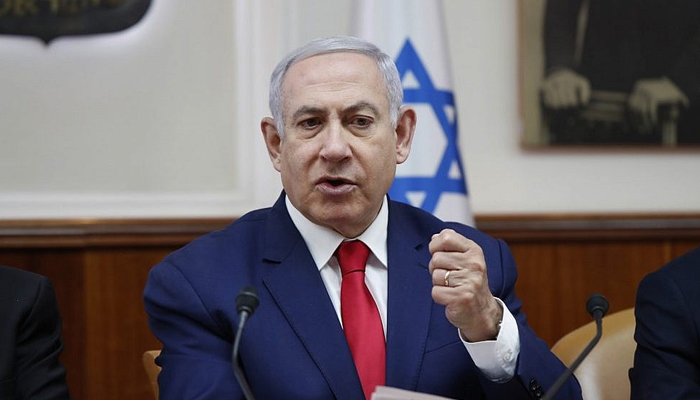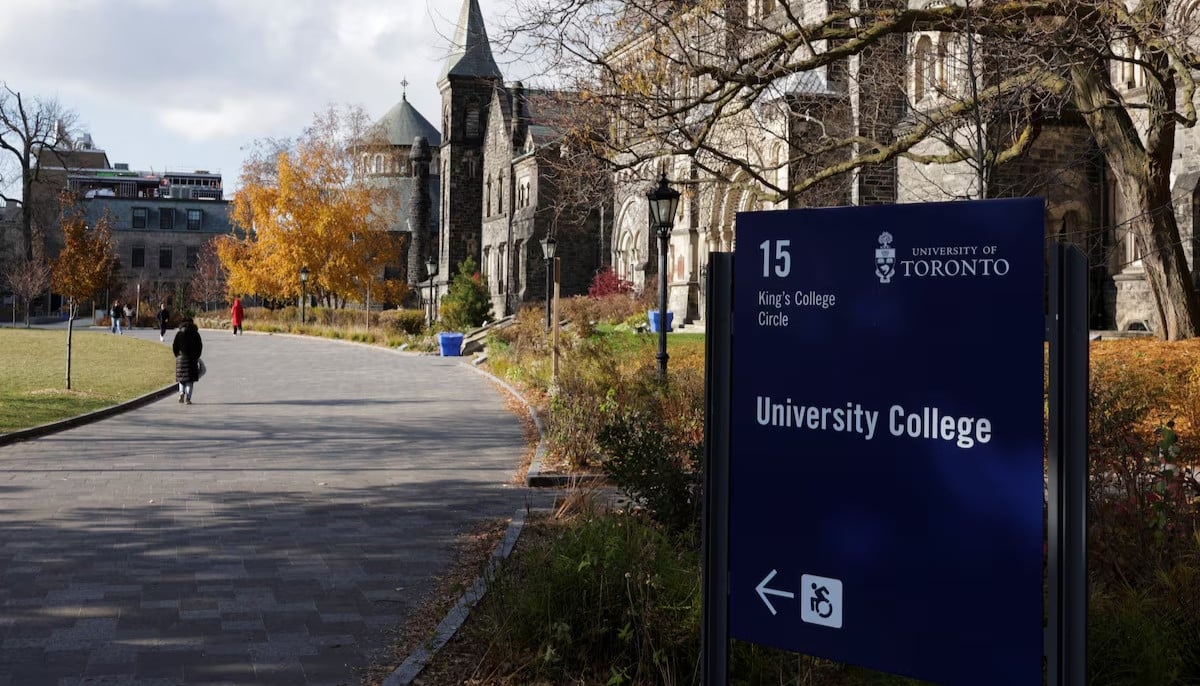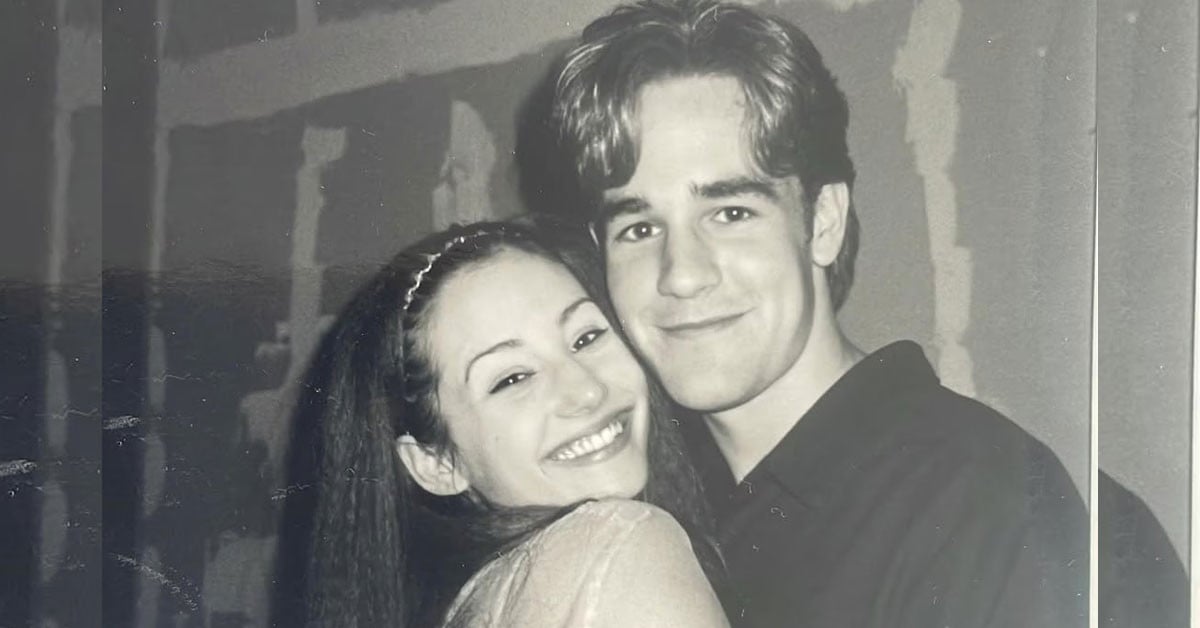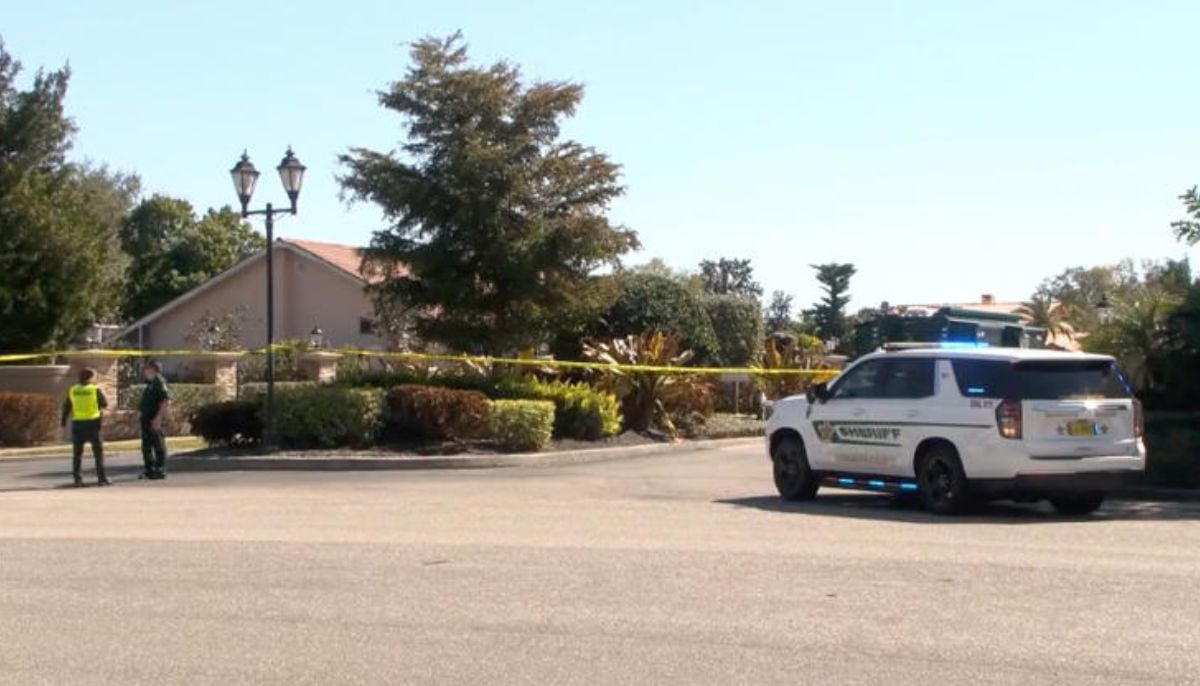Israeli Netanyahu sets up emergency govt amid attacks against Hamas
Ignoring political differences, Israeli opposition leader Benny Gantz sided with PM on its relentless attacks on Palestinians
Israeli Prime Minister Benjamin Netanyahu joined hands with the country's opposition leader and formed an emergency war government after suffering a major blow from Hamas for the continued oppression of innocent Palestinians for decades, with his forces continuing to target the Gaza Strip for a fifth consecutive day.
Ignoring political differences, Israeli opposition leader and former defence minister Benny Gantz sided with the PM on its relentless attacks on the Palestinians.
The decision was taken after Israel was attacked by Palestinian resistance fighters killing at least 1,200 people. It was the worst attack faced by the occupied forces in 75 years.
Officials estimate from Gaza underlined that over 1,000 Palestinians embraced martyrdom by relentless Israeli air and artillery strikes on the crowded enclave, turning entire blocks of the city into ruins.
The United Nations said 11 of its staff had been killed in Gaza since Saturday, while the International Red Cross and Red Crescent Societies said it had lost five of its members.
"In the occupied West Bank, at least four Palestinians were martyred when armed Israeli settlers attacked a town south of Nablus, taking the death toll to 29," the Palestinian health ministry said.
Israel has massed forces, tanks and other heavy armour around Gaza in its brutal operation against what Netanyahu labelled "an attack whose savagery... we have not seen since the Holocaust".
US President Joe Biden pledged to send more munitions and military hardware to its close ally Israel and expressed revulsion at the "sheer evil" of the slaughter of civilians in Hamas's unprecedented assault.
The crisis, dubbed "Israel's 9/11", saw Netanyahu strike a political deal with Gantz and pledge to freeze for now his government's judicial overhaul plan that has sparked unprecedented mass protests.
Opposition leader Yair Lapid has not joined the temporary alliance, although the joint statement said a seat would be "reserved" for him in the war cabinet.
"Israel before anything else," Gantz wrote in a social media post, while the far-right National Security Minister Itamar Ben-Gvir wrote that he "welcomes the unity, now we must win".
Worsening crisis
As the war has raged, fears mounted in Israel for the fate of at least 150 hostages -- mostly Israelis but also including foreign and dual nationals -- held in Gaza by Hamas.
The group has claimed that four captives died in Israeli strikes and threatened to kill other hostages if civilian targets are bombed without advance warning from Israel.
Concern rose over the worsening humanitarian crisis in war-torn Gaza, where Israel had levelled over 1,000 buildings and imposed a total siege, cutting off water, food and energy supplies for 2.3 million people.
The enclave's sole power plant shut down Wednesday after running out of fuel, Gaza's electricity provider said.
More than 260,000 Gaza residents have been forced from their homes, a UN aid agency said, with Secretary-General Antonio Guterres, voicing fears of a deterioration in an already dire humanitarian situation.
The European Union called for a "humanitarian corridor" to allow civilians to flee the enclave's fifth war in 15 years.
Arab League foreign ministers meeting in Cairo called for aid to be allowed into Gaza "immediately".
Israel appeared to be readying for a possible ground invasion of Gaza but faces the threat of a multi-front war after also coming under rocket attack from militant groups in neighbouring Lebanon and Syria.
Israel again struck targets Wednesday in southern Lebanon, an area controlled by Hezbollah.
On Wednesday evening, rocket sirens sounded across Israel's north, and the army said there was a suspected aerial "infiltration" from Lebanon. It later backtracked, blaming an "error".
Biden, who has diverted an aircraft carrier battle group to the eastern Mediterranean, has warned Israel's enemies — state or group — not to get involved.
A first US aircraft has delivered "advanced armaments" to southern Israel's Nevatim Airbase, the occupied Israeli army said.
Assessing destruction
Heavy bombardment again rained down on Gaza, where the sky was blackened and Hamas said at least 30 people were killed in overnight strikes.
Rubble, burnt-out cars and broken glass covered roads in Gaza City, where bombs struck the Islamic University.
Also targeted were residential buildings, mosques, factories and shops, said Salama Marouf of the Gaza government's media office.
Gaza resident said his terrified family had spent the night huddled together as explosions shook the area, before emerging in the morning to assess the total devastation of their neighbourhood.
"We felt like we were in a ghost town as if we were the only survivors," he told AFP.
Medical supplies, including oxygen, were running low at Gaza's overwhelmed Al-Shifa hospital, said emergency room physician Mohammed Ghonim.
-
Kylie Kelce breaks silence on 'beef' with Dwayne Wade
-
Suspect kills six across Florida before taking his own life
-
Savannah Guthrie shares sweet childhood video with missing mom Nancy: Watch
-
Piers Morgan praised by Ukrainian President over 'principled stance' on Winter Olympics controversy
-
Halsey's fiance Avan Jogia shares rare update on wedding planning
-
Las Vegas father shoots daughter's boyfriend, then calls police himself
-
'Fake' sexual assault report lands Kentucky teen in court
-
Woman arrested months after allegedly staging husband’s murder as suicide












